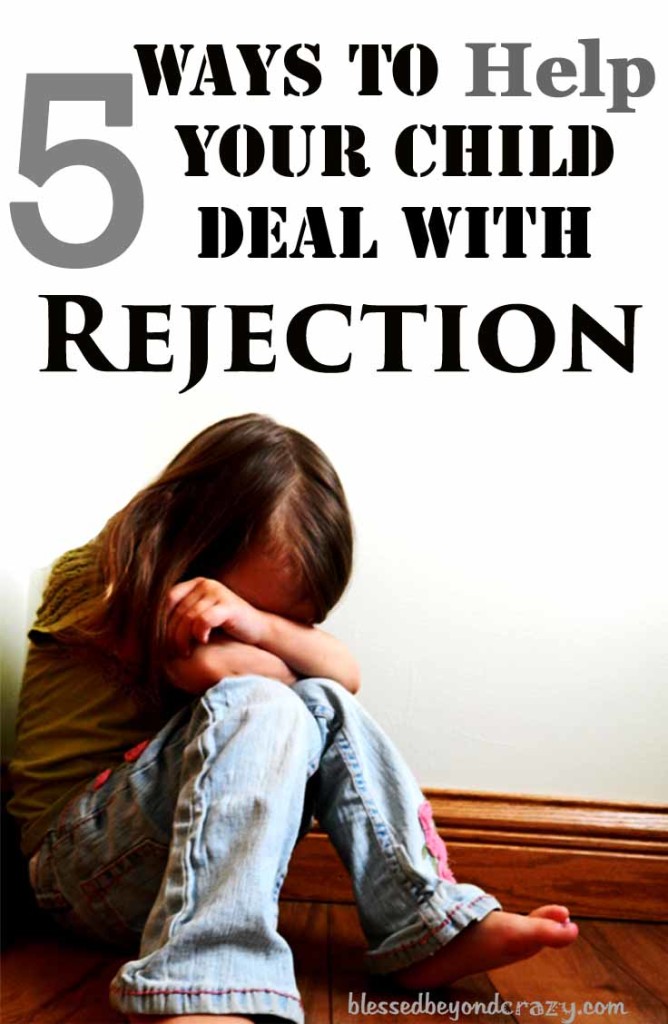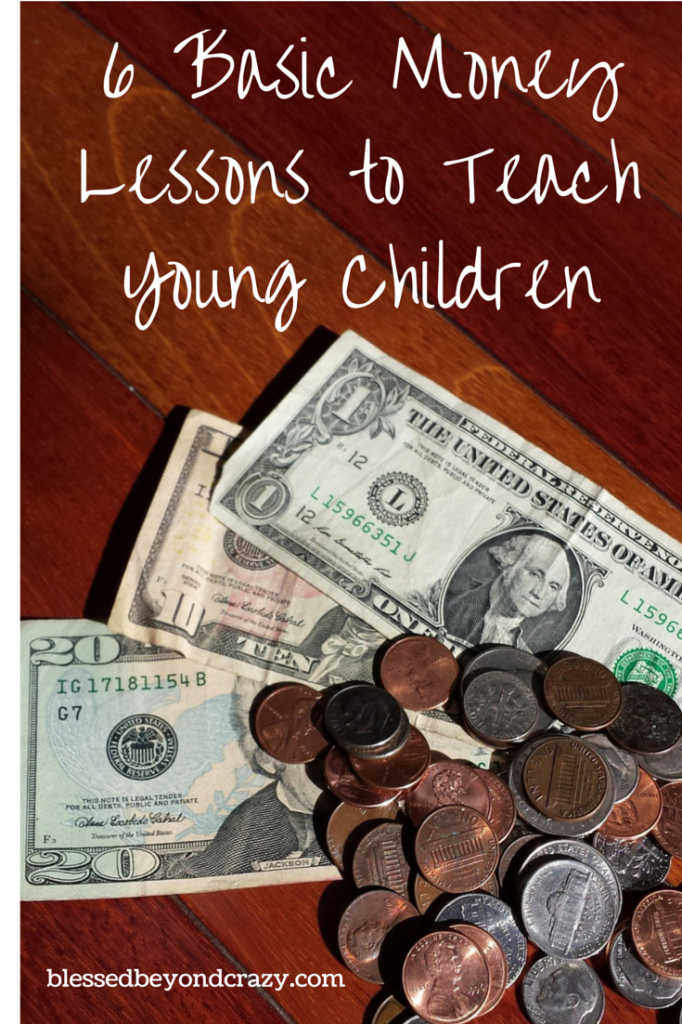
Teaching your children to know what they are, and are not, responsible for is one of the most important life lessons they will ever learn. That’s why in today’s post we look at Teaching Children Responsibility.
Have you ever been around an adult who refuses to take responsibility for their own choices? This person immediately becomes defensive, angry, or sulks whenever they are confronted with taking responsibility for themselves. Instead of admitting to their own actions, they want to blame someone else. They usually have trouble apologizing, and maintaining healthy friendships, intimate relationships, and/or careers. Sadly, these adult people started off as little people that obviously didn’t learn that responsibility is a gift.
There is much to be said on this topic, but in today’s post, we will take a look at four key elements in helping a child learn responsibility.
Discipline vs Punishment
Let’s start by examining the difference between punishment versus discipline.
Punishment: the imposition of a penalty or deprivation for wrongdoing. Punishment looks back. It seeks to inflict a penalty for an offense and focuses on making payment for a wrong done in the past. It does not leave much room for mistakes.
Discipline: to train by instruction and practice, as in following rules or developing self-control. Discipline is not a payment for a wrong. It looks forward, not backward. It moves toward more internal dialogue and more responsibility by teaching that our actions reap consequences.
Good parenting involves teaching, training, practicing, and allowing consequences. We mature by getting information, making mistakes, learning from our mistakes, and doing better the next time. Practice is important in learning to be responsible. Our mistakes are our greatest teachers. The lessons we learn from discipline, and experiencing the consequences of our choices, help us to not make the same mistakes again. It also gives us the freedom to make mistakes without fear of judgment or fear of severing relationships.
#1. Ownership
For most things in life to run smoothly and properly, they must be in balance. For example, if the tires on your car are out of balance they will not run as efficiently and will wear out faster. If our hormones are out of balance then our body will not function as well as it should. So it is with responsibility.
God intends for us to know when we are hungry, lonely, tired, overwhelmed, frightened, sad, in trouble, need a break, etc… The first step in taking ownership is to identify needs. It is important to be able to identify the needs of others, but it is equally as important to identify our own individual needs. This is a key element for maturity and vital for self-protection.
For example, your teenage daughter comes home from school one day and admits to you that some of her friends wanted her to smoke pot with them. She said that when she refused, her friends started to call her names. She admits to you that she was hurt because she really liked these friends. However, she also realized that they truly were not her friends if they tried to make her feel “stupid” or “stuck-up” if she didn’t smoke pot with them.
As parents we should encourage our children to talk about their emotions: sadness, grief, anger, fear, isolation, distress, etc… and not try to talk them out of their feelings. When children are given permission to vocalize their feelings they develop a sense of what it is they actually need. Encourage them to ask questions and be secure enough to admit that you may not have all of the answers. Give your children permission to disagree with you and have a vote on some family matters. This is good practice for them. Later, when they are tempted to do something harmful they will have had the practice of disagreeing with people who love them and are important to them. In the end, this will make it easier to stand up against their friends or someone wishing to do them harm.
#2. Consequences
Whether we want to admit it or not, our actions reap consequences. Wise parents allow their children to experience age-appropriate consequences for their own irresponsibility and mistakes. This is part of maturing. Parents can’t always be there to care for and provide for their children. By the time they are ready to leave home, our children should have a deep sense of internalized personal responsibility for their own lives.
For example, Little Johnny comes home from school with homework. As a parent, it is hard to resist a tearful child when they tell you that they have a 10-page report due tomorrow and they haven’t even started. Our impulse, as loving parents, is to bail them out by helping them do the report. We do this because we love our kids and want them to be successful. And yet, just as God allows us to experience our failures, we need to allow our own children to experience the consequence of not planning ahead. Why? Because learning to be responsible for oneself helps children have a sense of security and control in their lives.
Children need to know that their lives and their destinies are largely theirs to determine, (within the province of God’s sovereignty). This helps them to make better choices in life and they learn to appreciate the consequences of the choices made. We must allow our children to experience the painful consequences of their own mistakes so that they can learn from their mistakes and emotionally mature.
#3. Delayed Gratification
Delayed gratification is the ability to say “No” to our impulses, wishes, and desires for something better down the road. This helps us see the benefits of planning, being prepared and setting goals. Instead of impulse-driven, crisis-mode adults, our children will learn to be self-sufficient and responsible citizens.
For example, one family I know had a twelve-year-old son that started saving for his first car. With his parents help, they set a plan in motion. Whenever he received gifts of money for birthdays or holidays he would save a large portion of the money. In the summer he mowed grass, washed windows and did odd jobs. All his weekend and summer jobs finally paid off with a car when he was sixteen. He treated that car like a rare jewel. He had counted the cost, had skin in the game and valued the result. This son learned valuable lessons about time management, how to save money for things that are important and that delayed gratification does pay off in the end. He also placed a higher value on the thing he had waited and worked for.
#4. Respecting the needs of others
Have you ever been around a child who throws a tantrum until he gets his way? They whine, pout, stomp their feet, throw things, scream, etc… They are not much fun to be around, are they?
Respecting other people’s boundaries is the basis for empathy. When children feel empathy for the needs of others, they mature and deepen in their love and mercy for others. If we don’t teach our children to take “No” for an answer, someone who loves them far less may do the job for us. No matter how tough it may seem, children need to learn that the world does not revolve around them. When children do not respect the needs of others, it is difficult for them to grow up as loving and caring people. Usually, they end up being self-centered, controlling, egotistical and narcissistic.
For example: Recently our local news announced that a woman was caught embezzling money from the company where she had worked. For nearly six years she had embezzled over $50,000 and was convicted, sentenced to jail and ordered to pay restitution to the company. Obviously, this woman did not respect the needs or the property of others. Hopefully, through this painful process, she will learn empathy and respect for others.
Conclusion:
Parenting is never an easy job. None of us are perfect people, therefore none of us is a perfect parent. However, God does want us to discover and use our gifts for His glory. He calls us to be accountable for what we do. He doesn’t ask us to be perfect, he simply asks that we include Him in the process. When we firmly establishing our identity in Him, it is easier to take ownership of how we feel, what we think and what we want. It allows us to step out as God leads and to raise our children to be responsible and mature adults.
Disclaimer: I am not a doctor or mental health professional. I am simply a Mom and Grandmother with life experience and the opinions in this post are strictly my own.
Linda
More great ideas:

![1[1]](https://blessedbeyondcrazy.com/wp-content/uploads/2015/04/111-683x1024.png)
![2[1]](https://blessedbeyondcrazy.com/wp-content/uploads/2015/04/211-683x1024.png)
![5[1]](https://blessedbeyondcrazy.com/wp-content/uploads/2015/04/51-683x1024.png)
![6[1]](https://blessedbeyondcrazy.com/wp-content/uploads/2015/04/61-683x1024.png)
![4[1]](https://blessedbeyondcrazy.com/wp-content/uploads/2015/04/41-683x1024.png)
![3[1]](https://blessedbeyondcrazy.com/wp-content/uploads/2015/04/31-683x1024.png)



Leave a Reply